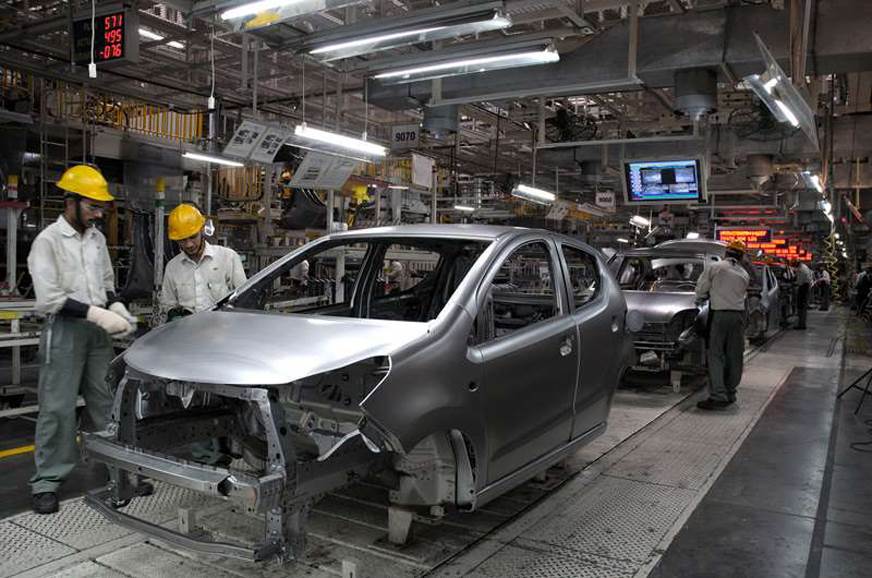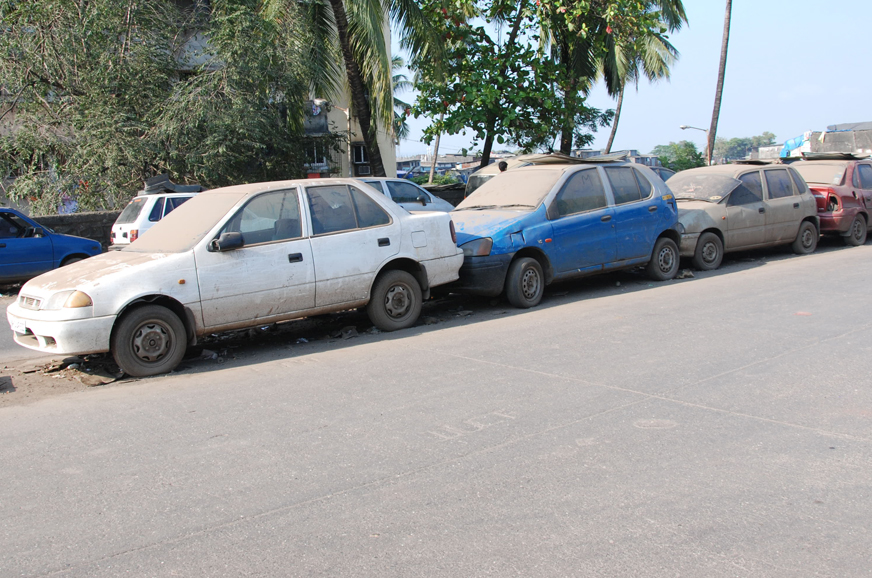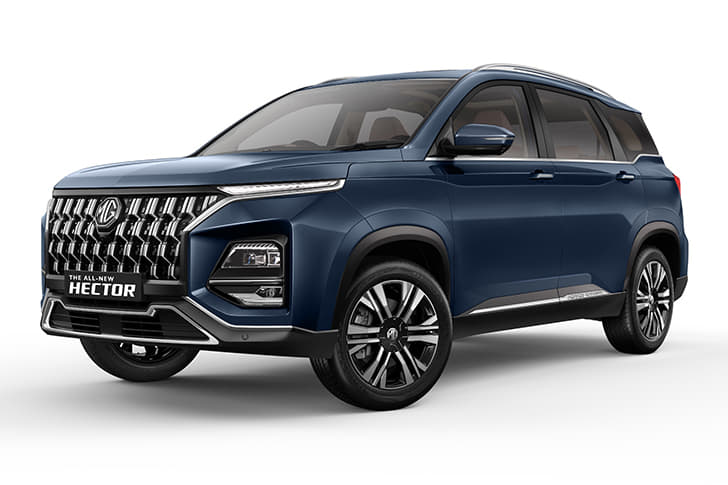The Delhi government has introduced a new electric vehicle (EV) policy with the target of increasing EV uptake and tackling the long-standing issue of air pollution in the National Capital Region. As part of the new policy, the Delhi government will offer a host of monetary incentives on EVs to encourage more people to switch over from internal combustion engine (ICE) vehicles.
Starting with electric two-wheelers, the government is offering incentives of Rs 5,000 per kWh of battery capacity, while also offering an additional incentive of Rs 5,000 for the scrappage of ICE bikes. The policy also calls for a greater intake of electric two-wheelers for last mile deliveries, such as food delivery and courier services, with an aim to convert these services to using only EVs by 2025. The government also authorised the use of electric two-wheelers by ride-hailing services.
Moving to four-wheelers, the policy is offering an incentive of Rs 10,000 per kWh of battery capacity, with the total subsidy capped at Rs 1.5 lakh, but this is available only for the first 1,000 EVs sold. Additionally, Delhi has waived registration fees and road tax on new EVs for the next three years.
The policy has also introduced incentives of Rs 30,000 on electric three-wheelers, along with a 5 percent subsidy on loans taken to procure the same. The government has also revealed its plans to have at least 50 percent of the new buses on Delhi roads to be EVs by 2024.
Additionally, there are incentives for charging infrastructure, with the government offering a 100 percent subsidy on charging equipment costing up to Rs 6,000 per unit, subject to a limit of 30,000 chargers, for home or office use. The policy also calls for a 20 percent reservation at residential and commercial parking lots for electric vehicles.
The government has a target of 250 charging or battery-swapping stations across the city. With the new policy, the Delhi government is aiming to register up to 5 lakh new EVs by 2024. Funds for the EV incentives will come via various cesses, road tax, and charges, with the government set to form a dedicated EV board to monitor and implement the new EV policy.
Commenting on the policy, Rajesh Menon, director general, Society of Indian Automobile Manufacturers (SIAM) said, “We would like to sincerely congratulate the Delhi govt for announcing a very comprehensive EV policy which should encourage consumers to adopt EVs in the state of Delhi. Some of the welcome announcements in the policy include measures that could make electric vehicles affordable and acceptable. These include purchase incentives, interest subvention, scrappage incentive, waiver on road tax, waiver on registration and parking fees and measures to push charging infrastructure. These are in line with the recommendations of the Society of Indian Automobile Manufacturers (SIAM).”























